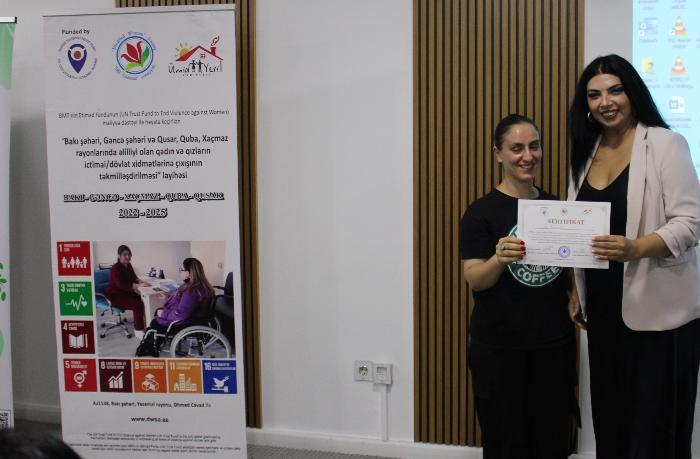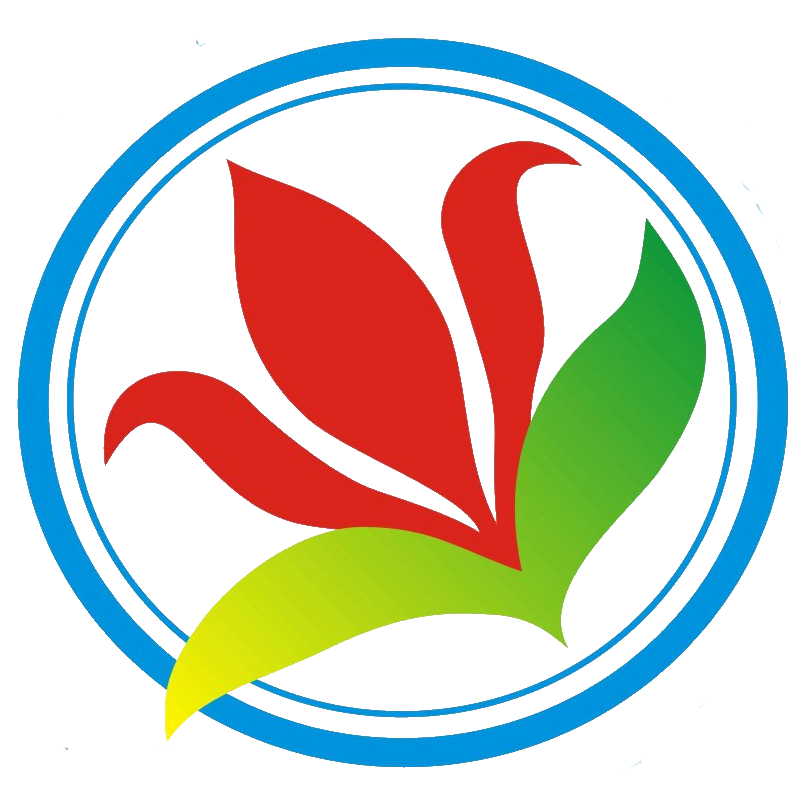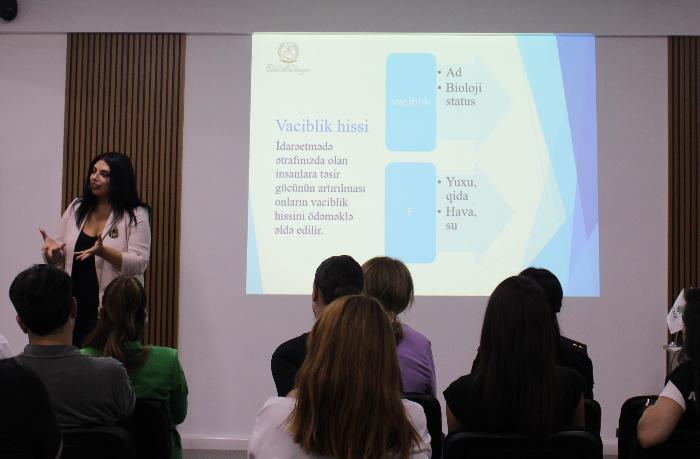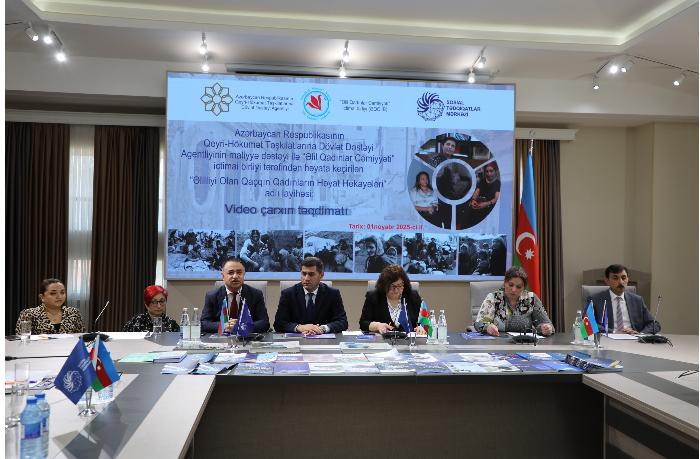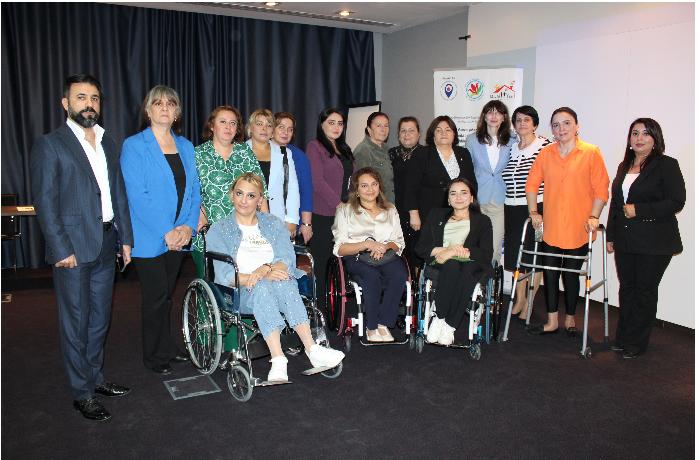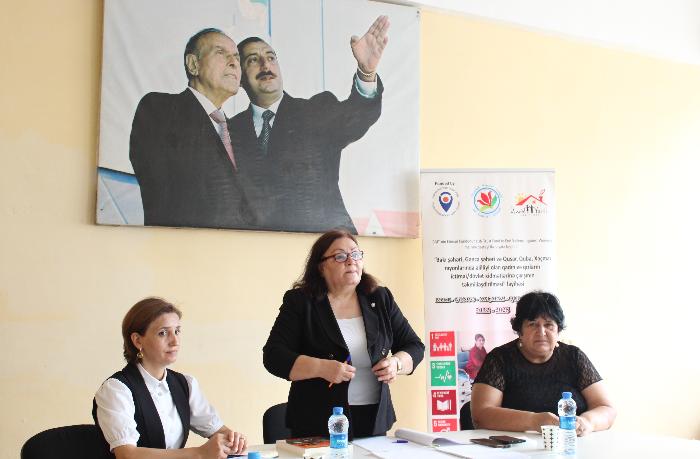Service specialist (social service worker): A trained professional who provides care to a person in need of special support, either at home or in a service center.
Service document: A report prepared by service staff that reflects whether the applicant requires care, the degree of care needed, and the type of services and provisions required.
Representatives of state institutions participating in the training gained useful insights into addressing challenges encountered in their workplaces. Participants emphasized the need for similar training sessions to be organized on a regular basis for state employees.
Note: The high quality and engaging format of the training contributed to the development of a more inclusive society, particularly by improving communication skills and behavioral practices towards women and girls with disabilities. The coverage of the training in the media and on television programs played an important role in raising public awareness. As a result, the continuation of such training has become a matter of public interest and demand.
The growing recognition and increasing ratings of these trainings further attract the attention of state institutions. The quality of delivery, the psychological impact, and the professionalism of the trainers have significantly increased participant engagement. Conducting trainings of this format, aimed at promoting ethical standards, is considered one of the successful components of the project. The trainer’s innovative and engaging approaches ensured that the training gained visibility on current issues, while active communication on social media also contributed to the project’s high public recognition. The preparation of test materials during the training aimed to measure the knowledge and skill levels of participants. Initial and final tests were conducted to assess progress, while individual consultations were especially sought by professionals working in the social sector. At the conclusion of the training, participants were awarded certificates.
Number of participants: 35
Date: October 15, 2024
Venue: Baku City
